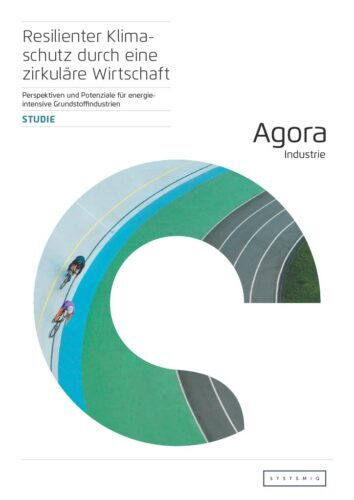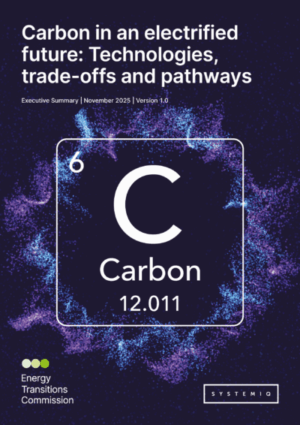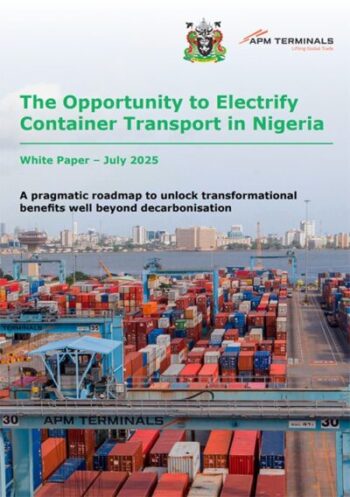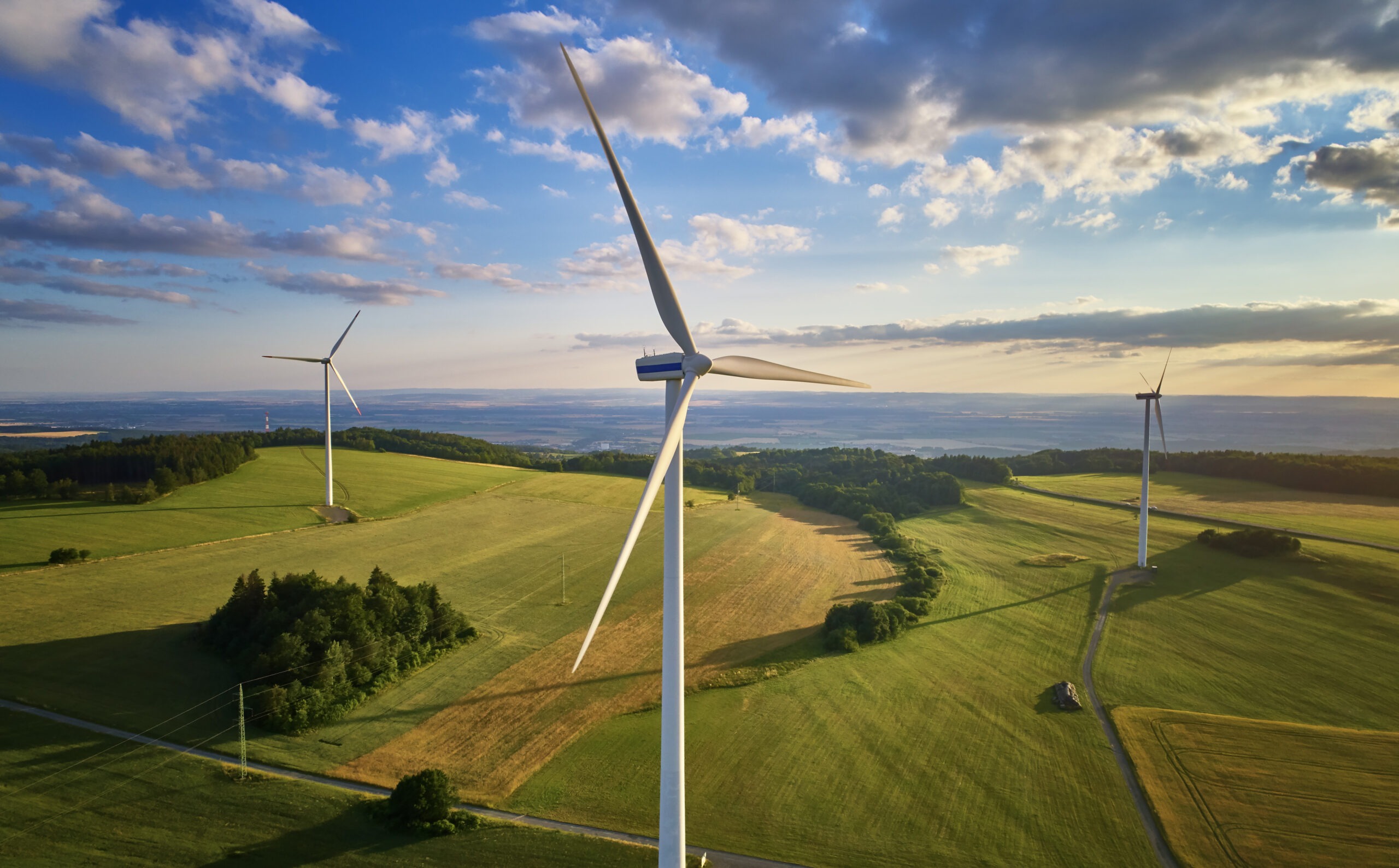The materials industry in Germany is in the starting-blocks for the transformation to net zero. The reform of emissions trading in Europe provides an ambitious path for the reduction of GHG emissions. Energy-intensive industries, in particular, must be supported to invest in low-carbon energy and production processes, at speed and at scale.
Industry decarbonisation must be not only rapid, but also resilient. Efficient use of energy and raw materials is critical here: increasingly, using less will make industries less reliant and will position them well to react more flexibly to change.
As this report shows, the circular economy is a central decarbonisation strategy for energy-intensive industries. Recycling, materials efficiency and substitution, as well as extended product lifecycles, can allow energy-intensive value chains to transition more resiliently to net zero. From 3-D printing to high-tech recycling and innovative product design, the circular economy offers new business models for industries in transition. This report identifies the policy conditions that can help make this transition possible.




